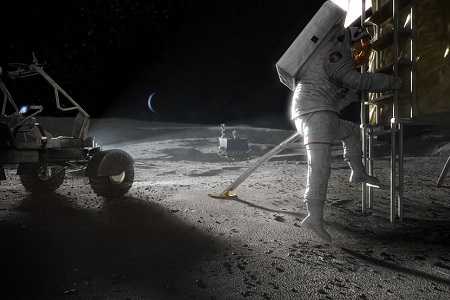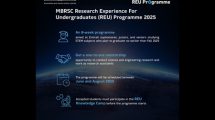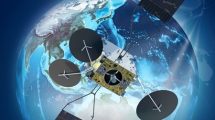
Credits: NASA
NASA has selected five US companies to help the agency enable a steady pace of crewed trips to the lunar surface under the agency’s Artemis programme. These companies will make advancements toward sustainable human landing system concepts, conduct risk-reduction activities, and provide feedback on NASA’s requirements to cultivate industry capabilities for crewed lunar landing missions.
The awards under the Next Space Technologies for Exploration Partnerships (NextSTEP-2) Appendix N broad agency announcement are firm-fixed-price, milestone-based contracts. The total combined value for the awards is $146m, and the work will be conducted over the next 15 months.
The companies that received awards and their award values are Blue Origin Federation of Kent, Washington, $25.6m, Dynetics (a Leidos company) of Huntsville, Alabama, $40.8m, Lockheed Martin of Littleton, Colorado, $35.2m, Northrop Grumman of Dulles, Virginia, $34.8m, and SpaceX of Hawthorne, California, $9.4m.
Commenting on the contract, Kathy Lueders, NASA’s Associate Administrator for Human Exploration and Operations at Headquarters in Washington, said: “Establishing a long-term human presence on the moon through recurring services using lunar landers is a major Artemis goal. This critical step lays the foundation for US leadership in learning more about the Moon and for learning how to live and work in deep space for future missions farther into the solar system.”
The selected companies will develop lander design concepts, evaluating their performance, design, construction standards, mission assurance requirements, interfaces, safety, crew health accommodations, and medical capabilities. The companies will also mitigate lunar lander risks by conducting critical component tests and advancing the maturity of key technologies.
The work from these companies will ultimately help shape the strategy and requirements for a future NASA’s solicitation to provide regular astronaut transportation from lunar orbit to the surface of the Moon.
Lisa Watson-Morgan, Human Landing System Programme Manager at NASA’s Marshall Space Flight Center in Huntsville, Alabama, added: “Collaboration with our partners is critical to achieving NASA’s long-term Artemis lunar exploration goals. By partnering with innovative US companies, we will establish a robust lunar economy while exploring new areas of the Moon for generations to come.”
This opportunity is distinct from the initial crewed lunar landing demonstration mission awarded under the NextSTEP-2 Appendix H procurement, which will serve as the proof of concept for the Artemis architecture.
NASA’s goals under Artemis include enabling a safe and cost-efficient long-term approach to accessing the lunar surface and becoming one of the multiple customer purchasing services in a lunar transportation market. Much of what the agency develops for the moon will be applied to future exploration at Mars.
NASA’s Artemis missions include landing the first woman and first person of colour on the lunar surface, sending a suite of new science instruments and technology demonstrations to study the moon, and establishing a long-term presence there.












Add Comment